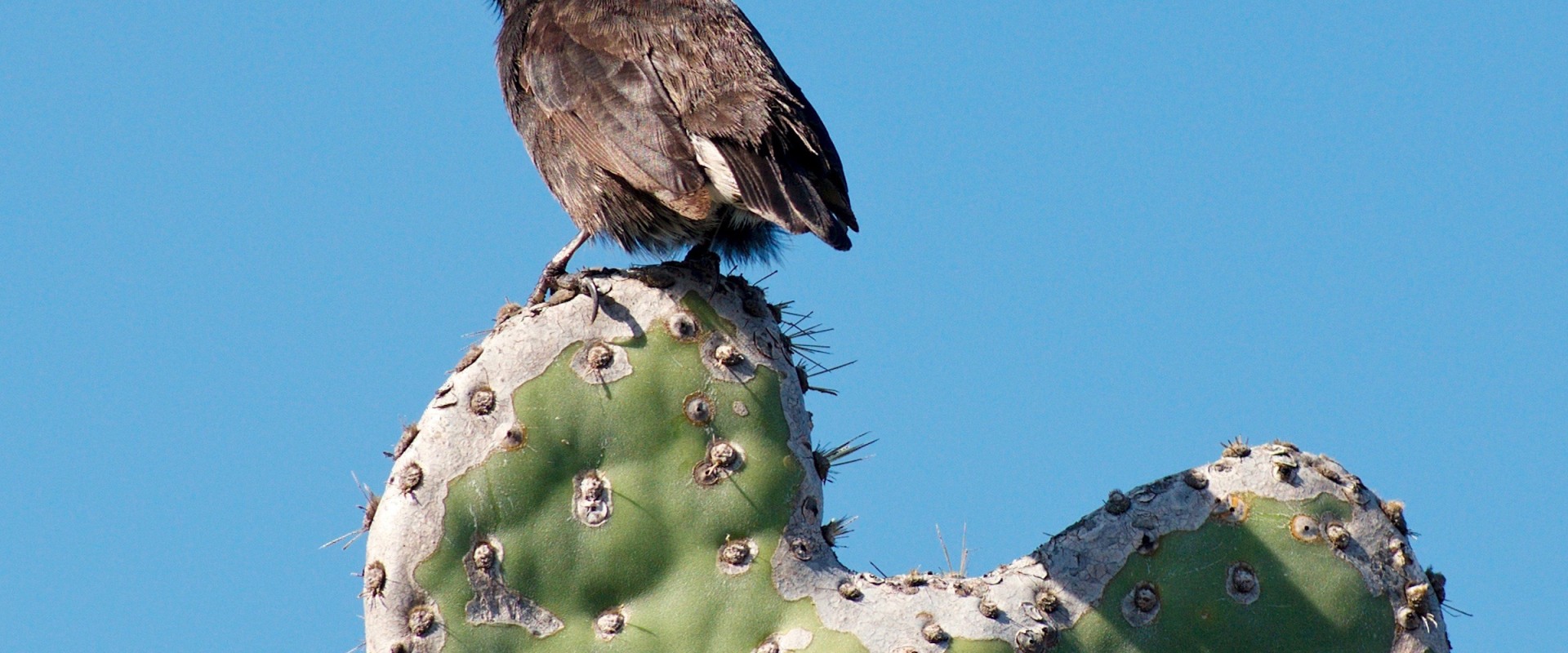Natural selection is a fundamental concept in the field of biology that explains how species evolve and adapt to their environments. It is a process that has shaped life on Earth for billions of years, and continues to drive the diversity of organisms that we see today. For A-Level biology students in London, understanding natural selection is crucial to comprehending the complexities of genetics and evolution. In this comprehensive guide, we will delve into the intricacies of natural selection, breaking down its key components and providing real-world examples to illustrate its importance.
Whether you are just starting your A-Level biology journey or looking to deepen your understanding of this topic, this article is designed to be your go-to resource for all things related to natural selection. So, let's dive in and explore the fascinating world of natural selection together. To fully understand natural selection, it's important to first define what it is. Natural selection is the process by which organisms that are better adapted to their environment are more likely to survive and reproduce, passing on their advantageous traits to their offspring. This concept was first introduced by Charles Darwin in his theory of evolution, and it continues to be a fundamental principle in modern biology. In this article, we'll explore the key components of natural selection, including selective pressure, genetic variation, and fitness.
We'll also discuss how natural selection can lead to the emergence of new species over time, as well as its role in shaping the diversity of life on Earth. By understanding these concepts, you'll be well-prepared for any questions on natural selection that may appear on your A-Level Biology exams.
Fitness: The Measure of Success in Natural Selection
Fitness refers to an organism's ability to survive and reproduce in its environment. Organisms with favorable traits that allow them to survive and reproduce are considered to have high fitness, while those with less advantageous traits may struggle to survive and pass on their genes.Genetic Variation: The Key to Adaptation
One of the key requirements for natural selection to occur is genetic variation within a population. This means that individuals within a species have different traits that give them an advantage in their environment.This variation can arise through random mutations, gene flow, and genetic recombination during sexual reproduction.
Selective Pressure: The Driving Force of Natural Selection
Selective pressure refers to the environmental factors that influence the survival and reproduction of a species. These can include competition for resources, predation, and changes in climate. Organisms that are better adapted to these pressures are more likely to survive and reproduce, passing on their favorable traits to their offspring.Adaptation: The Result of Natural Selection
Over time, as natural selection continues to favor certain traits, the population will gradually become better adapted to its environment. This process can lead to the emergence of new species, as organisms with different traits become reproductively isolated from one another.The Process of Natural Selection
To fully grasp the concept of natural selection, we'll break down the process into four main steps: selective pressure, genetic variation, fitness, and adaptation.Selective pressure refers to the environmental factors that influence which individuals in a population are more likely to survive and reproduce. These can include competition for resources, predation, and environmental conditions. Genetic variation is the diversity of traits present within a population due to random mutations and sexual reproduction. This variation provides the raw material for natural selection to act upon.
Fitness is the ability of an individual to survive and reproduce in a given environment. Individuals with traits that are better suited to their environment will have a higher fitness and are more likely to pass on their genes. Adaptation is the process by which a population becomes better suited to its environment through natural selection. Individuals with beneficial traits are more likely to survive and reproduce, passing on these traits to future generations. In conclusion, natural selection is a crucial concept in the study of biology, and understanding its principles is essential for A-Level Biology students in London.
By familiarizing yourself with the process of natural selection and its key components, you'll be well-prepared for any questions on this topic that may appear on your exams.







